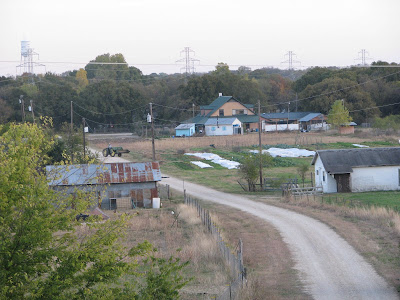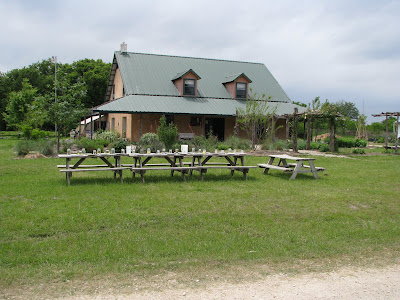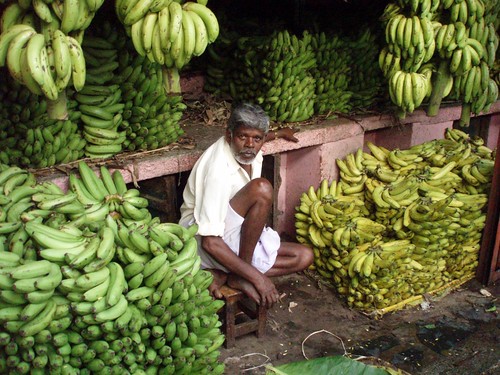
For those of you who've been to the farm, you know that it is much more than a place where vegetables are grown and goats are milked. The farm is an intentional community. It is a home for twenty or so people. It is a place to learn, a place to grow, a place to find beauty in the broken world in which we live.
I've lived at the farm for quite some time. I've seen people come and I've seen people go. The community is ever changing and yet always the same. There are always AMAZING people at the farm. People that make you laugh, people that challenge you, people to learn from, people to share life with...
I've been thinking about the farm quite a bit as I sit here thousands of miles away visiting my family for Christmas. I started thinking of all the things that make the farm home.

- the 100 steps it takes to get to work in the morning
- filtering goats milk while watching the sun rise
- eating lunch with twenty or so friends, whom you now consider family, every day
- talking about
poop while eating lunch
- the sound of fresh goat milk hitting the bottom of an empty
stainless steel pail- sleeping in and still getting up before eight
- eating fresh organic local produce that you helped grow everyday

-
Tuesday harvest- morning devotions
- talking to goats
- sitting around with a bunch of people in the evening, each reading their own book and yet still feeling a sense of community
- making ice cream
- drinking out of
jars- hugs, smiles, and laughter from the youngest members of our community
- trying to figure out how many times one walks up the farm lane in a given week
- knowing that if you make muffins or cookies or brownies, twelve other people will gladly help you eat them
- talking about
poop while eating diner
- the daily search for the newspaper in the drainage ditch
-
trace minerals and the
song that goes with them

- begin able to ask fifteen people for help when you get stuck on a crossword clue
- the almost weekly "
Hot and Ready" that appears on the counter in the dorm
- going around the table and having everyone introduce themselves
- the sound of a
rooster crowning coming from your roommates
alarm clock- the exhilaration of leaving the warmth of your bed and stepping onto the cold concrete floor in morning
- soup of every kind
- the smell of dirt and grease
- cooking for twenty and not thinking anything of it
- farm fresh eggs

- trying to find my bed in the dark without waking anyone up or tripping over my own mess
- the
Waco Trib's headlines
- pulling into the farm and knowing who is around by the cars parked outside the dorm
- the six steps it takes to get to the throne, which is the Nannies
composting toilet- the many sounds of
Lolita- the farm's traveling minstrel playing "
Wagon Wheel"
- running down the stairs to get the mail because the mail lady is sitting in her car honking the horn
- warm hugs from good friends
- spontaneous community breakfasts

- Friday morning hymn sings
- delicious
Ghanaian Bofrotu- fresh bread
- sitting around and talking about anything and everything
- my favorite sound in the world - the sound of the
t-post driver driving a t-post into the ground
- our
buck, Rasputin, and his yellow legs




























